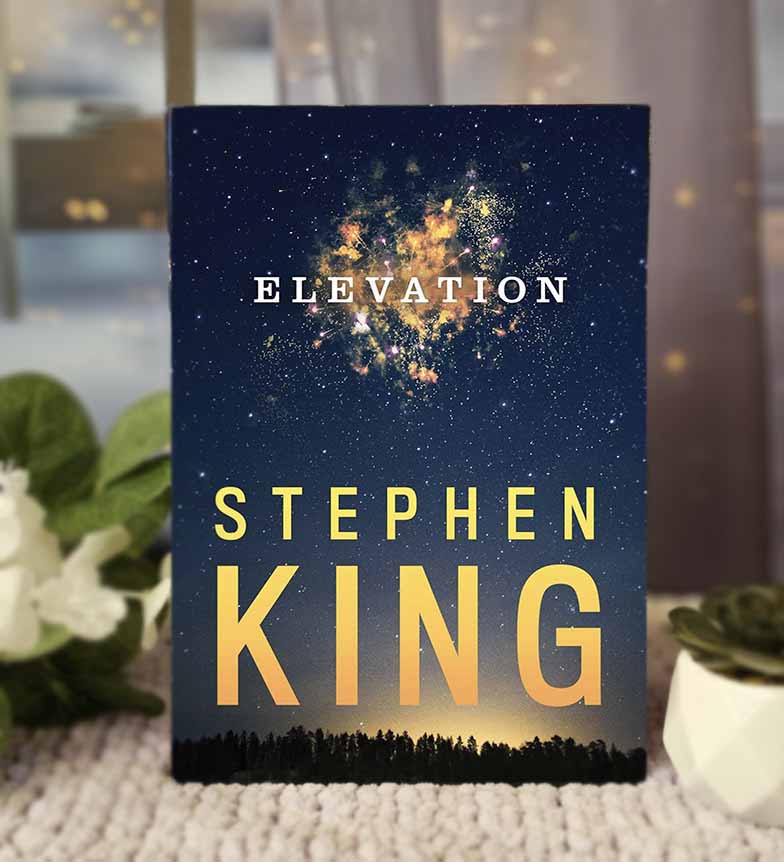
Cain
by José Saramago
Nobel Prize winner José Saramago reimagines the biblical story of Cain, using his journey through time to question religious doctrine and explore themes of justice, morality, and the nature of God. A provocative philosophical novel that challenges traditional narratives.
Spoiler Warning
This review may contain spoilers. Read at your own discretion if you haven't finished the book yet.
My Thoughts
José Saramago's Cain is a challenging, provocative novel that uses biblical stories as a framework to question religious doctrine and explore thorny philosophical questions about morality, justice, and faith. While I appreciated the intellectual ambition and Saramago's distinctive prose style, I found the book ultimately more interesting as an idea than as a reading experience.
Saramago reimagines Cain's story, sending him on a time-traveling journey through various biblical events where he witnesses and sometimes intervenes in God's actions. The author uses these episodes to critique religious narratives and question the morality of a God who demands absolute obedience while committing what Cain perceives as atrocities. It's bold, irreverent, and deliberately provocative.
The problem for me was Saramago's prose style—long, punctuation-sparse sentences that flow into each other without traditional paragraph breaks or quotation marks. While this style can be effective, I found it exhausting over the course of the novel, creating a barrier between me and the story. I kept having to reread passages to figure out who was speaking or what was happening.
The philosophical questions Saramago raises are genuinely thought-provoking, and I appreciated his willingness to challenge sacred texts and question received wisdom. However, the satirical tone becomes heavy-handed at times, and the narrative structure—jumping from one biblical episode to another—felt repetitive rather than illuminating.
Why You Might Like It
- Bold Ideas: Fearlessly questions religious doctrine and morality
- Unique Voice: Saramago's distinctive prose style (if you enjoy it)
- Philosophical Depth: Raises genuine questions about faith and justice
- Literary Prestige: Nobel Prize-winning author tackling big themes
- Biblical Reinterpretation: Fresh perspective on familiar stories
- Intellectually Stimulating: Plenty to think about and discuss
Perfect For
Readers who enjoy philosophical fiction, those interested in biblical retellings from skeptical perspectives, book clubs looking for provocative discussion material, and fans of Saramago's other works. Best for readers comfortable with experimental prose and willing to work for their reading experience.
Final Verdict
Cain is an ambitious, thought-provoking novel that raises important questions about faith, morality, and religious doctrine. While I admire Saramago's boldness and intellectual rigor, I found the reading experience itself more difficult than rewarding. The ideas are fascinating, but the execution—particularly the prose style—kept me at a distance. Worth reading for the ideas, but be prepared to work for them.
You Might Also Like

Elevation
by Stephen King
A short, heartwarming tale about a man who is losing weight without changing size, and how his condition brings a divided community together.

Such a Fun Age
by Kiley Reid
A sharp social commentary wrapped in a page-turning story about a young Black woman caught between her white employer and her white boyfriend, both with their own ideas about what she should be.

Saint X
by Alexis Schaitkin
A haunting novel about the mysterious death of a young woman on a Caribbean island vacation and her sister's obsessive quest for truth years later.